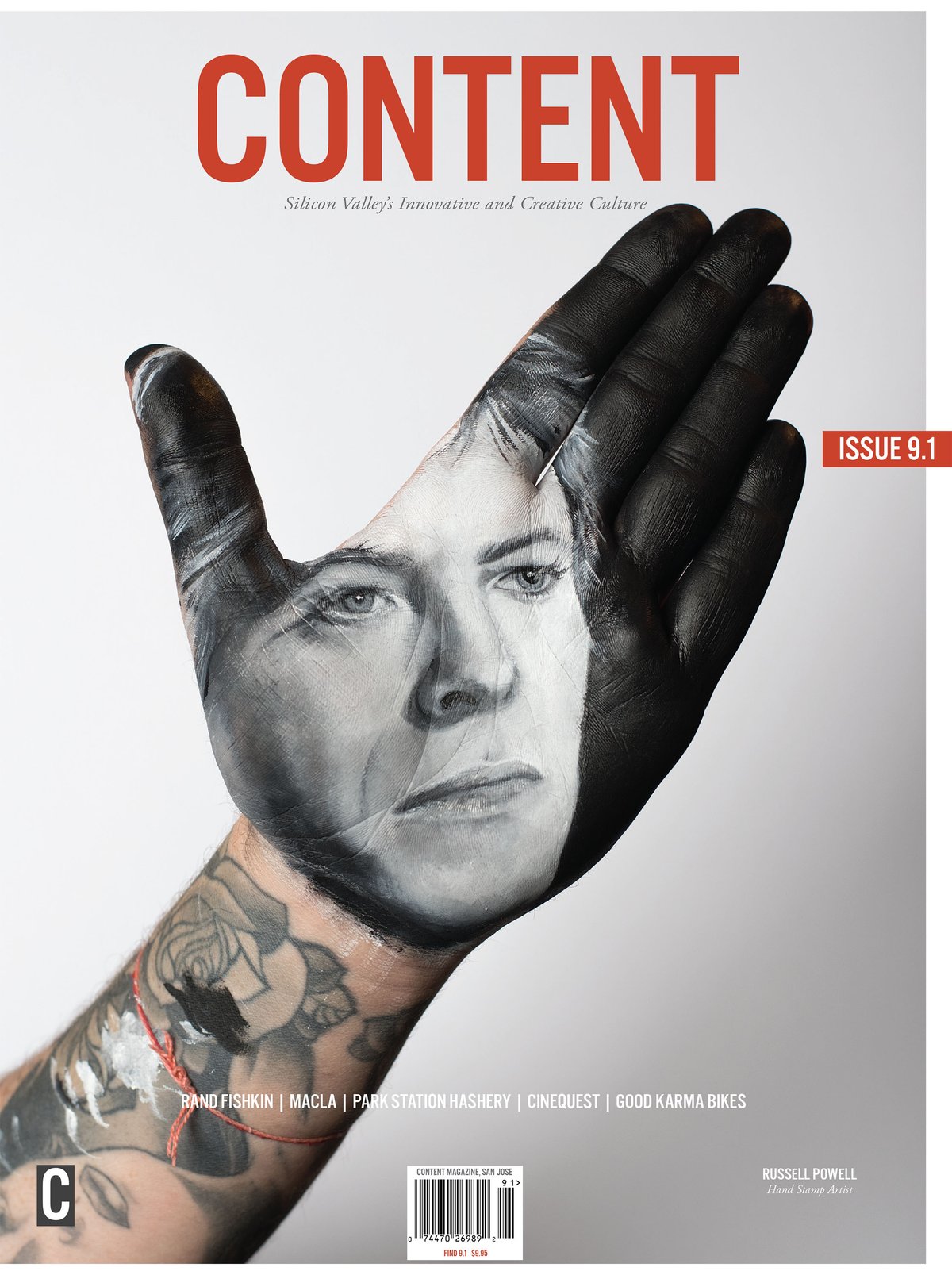As a film festival representing the innovative Silicon Valley culture, Cinequest has always tried to stay ahead of the curve. From early adoption of digital cinema, to showcasing experimental approaches to filmmaking, to last year’s three-screen Barco Escape experiences, the festival has repeatedly introduced audiences to the future of movies and storytelling. This year, Cinequest is doing it again with a suite of virtual reality (VR) programming.
Virtual reality has been a staple of science fiction for decades, but the technology has only recently become available to the general public. Viewers donning headsets will see a three-dimensional environment that moves as they do, making it feel as if they are physically present in the world in front of them.
Cinequest newcomers Kendall Stevens and Samantha McGuire are heading up the VR program—taking on the challenge of integrating new technology into an already well-established event.
A native of both the US and Australia, Stevens has spent the last few years in project and event management for a real estate marketing company and is excited for the new challenge the festival offers. “It’s been such an adventure because I hadn’t been in VR,” she says of her move to Cinequest, where her first few days were spent immersed in the technology. “When you see it, you’re like, ‘Oh my god, I had no idea this even existed.’ ”
Originally from Hawaii, McGuire came to the Bay Area to study art and history before earning an MBA at Mills College. “What drew me to the festival was the possibility of being involved in something greater,” she says. “When I went through the interview process, they asked me if I had experienced VR. I said that I had a headset and loved playing the games, and I took the leap into VR from the start.”
The VR program at Cinequest will consist of several components: viewings of curated content, much like the short film series, where audiences will watch together in a room or theater; the VR Canteen, featuring arcade-style stations that will give visitors a chance to interact with the technology individually; and forums and networking opportunities with experts, where those interested in VR can learn more about what the future might hold.
“It’s so much bigger than just VR,” Stevens says. “It’s AR [augmented reality]. It’s mixed reality…the possibilities are endless. They have it in so many industries now. You can be a brain surgeon practicing in VR. Or you could be in the military and learn how to go into a special ops situation. And journalism is the next big thing because it takes storytelling to a whole new level. The New York Times has gotten into it, the BBC, CNN. Everybody’s kind of transitioning now to include that kind of technology in their media.”
Tech companies are making huge investments in VR. Facebook made headlines when it acquired VR startup Oculus Rift for $2 billion in 2014; Samsung’s VR integration with its phones was a large part of their recent holiday marketing campaigns; and Sony is offering a VR headset addition to its PS4 gaming console. HTC has developed the high-end Vibe, while Google’s $10 Cardboard is a surprisingly versatile VR viewer made out of—yes—cardboard.
The festival will partner with several leading companies, but one of the challenges is that there is little standardization among the various technologies. Material shot for one device may not play on another, and attendees will need to be loaned a viewer in order to experience the content. “It gets complicated,” Stevens explains, noting that some logistics of the program will still be coming together in the final weeks leading up to the festival. “I’ll have a new idea every day, and we’ll end up honing in on the ones that are the best fit.”
No matter the result, building this type of program—something no other film festival has done to this degree—has been thrilling for those involved. “It is a wonderful time to be getting into VR, as people are still excited and willing to help out in any way they can,” McGuire says. Because the technology is so new, Stevens and McGuire have worked directly with CEOs and industry leaders to determine how to best showcase their devices and films. “It’s been a privilege to get to hear them speak and dream about what’s going to happen,” adds Stevens.
The Cinequest Film & VR Festival runs from February 28 to March 12, with venues in downtown San Jose, Santana Row, and Redwood City. Learn more about the 2017 festival in the Cinequest Survival Guide.
CINEQUEST
instagram: cinequestinc
facebook: cinequest
twitter: cinequest
This article originally appeared in Issue 9.1 Find


